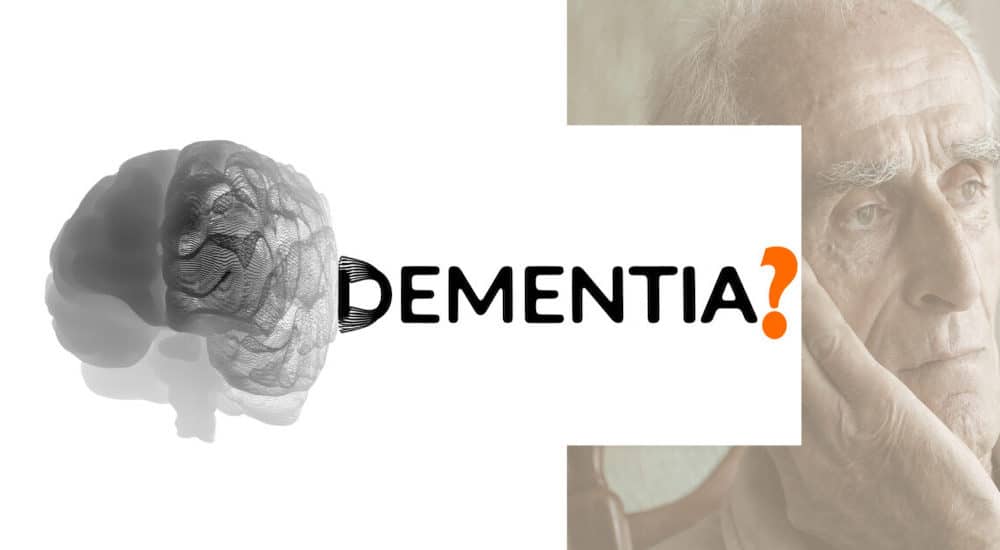Tailored FDA framework planned to let evolving algorithms teach themselves
Ai
The fast-arriving healthcare benefits from evolving artifical intelligence (AI) technology mean a flexible "tailored" regulatory framework must be put in place, says the US Food and Drug Administration (FDA), though the agency quickly drew criticism for lack of clarity.

In announcing the first steps towards a statutory framework to let currently “locked” AI algorithms do their own machine learning from data, the now former FDA Commissioner Scott Gottlieb appealed for collaboration and feedback in following the FDA’s first step, a “discussion paper”, which will will be followed by “draft guidance”.
Hearing aid companies are now packing their devices with AI features, which are more sophisticated with each new product release. And in healthcare, as this FDA April statement points out, AI machine learning has already resulted in preventive breakthroughs diabetes, stroke management, and other areas. The FDA points out the huge future health benefits available from algorithms that continually evolve, often called “adaptive” or “continuously learning” algorithms. “An algorithm that detects breast cancer lesions on mammograms could learn to improve the confidence with which it identifies lesions as cancerous or may learn to identify specific subtypes of breast cancer by continually learning from real-world use and feedback,” reads Gottlieb’s statement.
But if algorithms are to freely learn from real-world feedback and improve their performance, the FDA says a that “assurance of safety and effectiveness must be guaranteed by a regulatory framework.”
However, the medical technology publication MedTech Dive, points to criticism of the FDA’s proposal from the legal quarter, quoting Brad Thompson, attorney with the healthcare legal outfit Epstein Becker Green, on the lack of clear implementation details in the plan. “I am worried a bit that FDA is becoming really good at coming up with ideas and not so good about carrying through with them,” wrote Thompson who, while praising the will of the FDA to find a framework, said Gottlieb’s own statement points to the need for extra statutory authority to bring such a framework into being.
Gottlieb, meanwhile, had submitted his resignation as FDA Commissioner shortly before this statement on artificial intelligence algorithms. The FDA’s new acting Commissioner is Ned Sharpless, former director of the National Cancer Institute.
Med TEch Dive reports Epstein Becker Green device attorney Brad Thompson
Source: Science X


